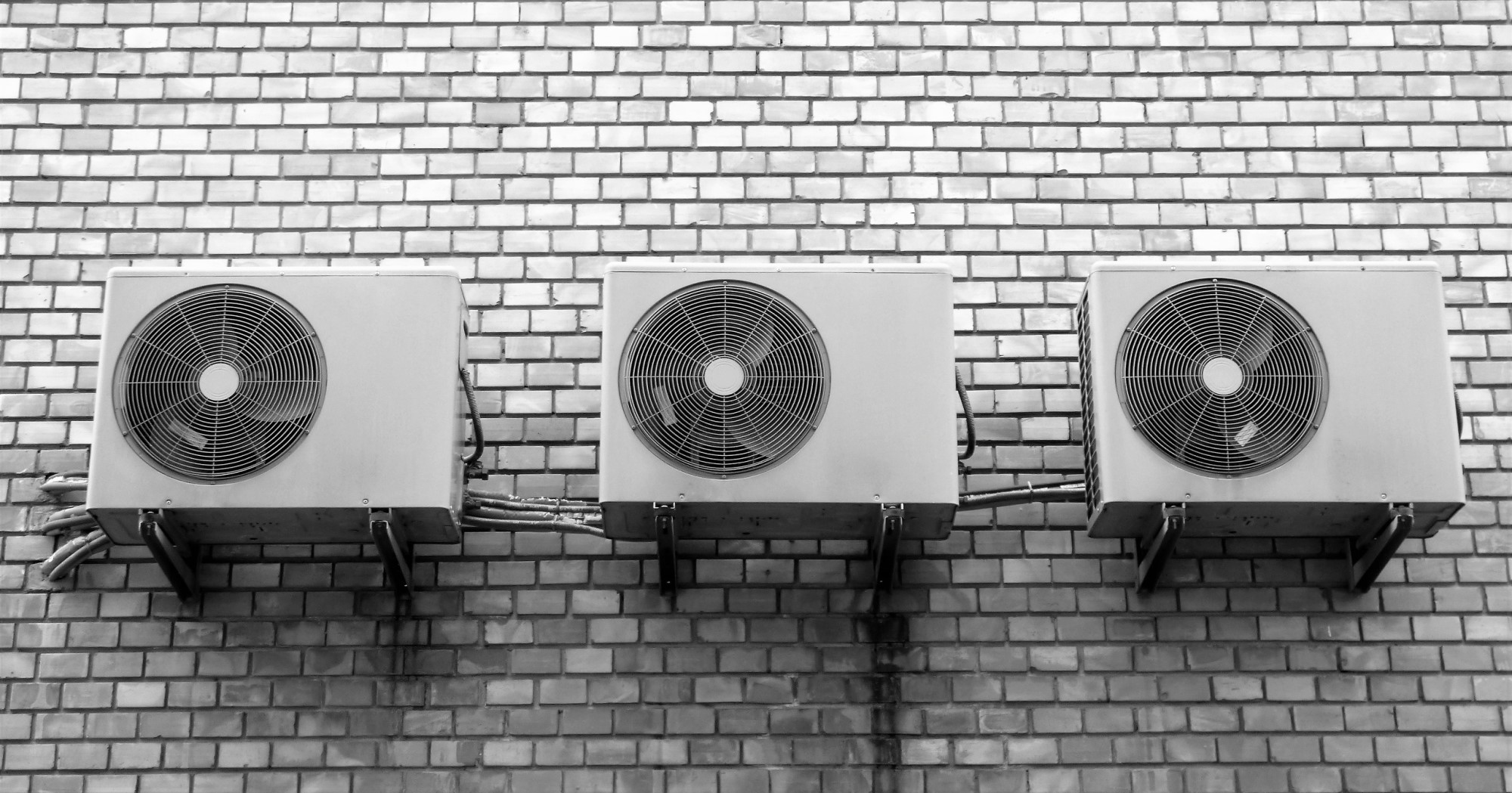Reaction to the energy-saving measures approved by the Council of Ministers
The Council of Ministers on Monday approved a package of urgent energy efficiency and energy saving measures, including limiting the thermostat on air conditioning and heating in transport, workplaces and shops.

Aire acondicionado. / PxHere
Eloy Sanz Pérez - consejo de ministros
Eloy Sanz Pérez
PhD in Chemical Engineering, researcher in the high-performance research group in Chemical and Environmental Engineering at the Universidad Rey Juan Carlos.
The government has introduced a number of energy saving measures that are simple and quick to implement, with clear economic and energy benefits. For example, the maximum heating and cooling temperatures in shops and offices are slightly modified. The limits will be 19 °C and 27 °C respectively. This is a small variation from the values set in 2009 (21 and 26 °C), but it represents energy and economic savings of 5-7 % per degree. The rest of the measures are common sense, which any observant citizen will undoubtedly have mentioned at some point: closing doors to shops to avoid energy losses, turning off shop window lights at night, etc.
Energy has never been cheap. So far, the biggest cost has been environmental, but now there is a high economic cost. Savings and efficiency are not a fad, but a fundamental part of energy expenditure in homes, industries, businesses, etc. What we have not done to preserve the environment and the climate we are going to do for money. The good news is that savings and efficiency always have both economic and climate benefits. This is what happens, for example, by varying the thermostat by just one degree. Climate change is a global problem and its solution challenges us all, from big changes to the sum of small actions. We therefore need courageous governments to take the necessary measures, even if they are not to the liking of some elites. We also need committed citizens who demand these measures and who apply them in their daily lives out of conviction and not by imposition.
On the other hand, the Council of Ministers is aware that renewable energies are the fastest and most profitable investment and the best ally in these difficult times. Thus, it highlights a firm commitment to renewable electricity and gas, facilitating self-consumption and accelerating the construction of power lines to make the most of renewable electricity. In short, this is a common sense package of measures. It is useful but limited, so I hope that the extension promised for September will be more ambitious.
